Psychologist Dr. Eric Bender has recently shared his observation about one of the most complex antiheroes television has ever seen, Tony Soprano.
The Sopranos follows Tony, a Mafia boss and family man, as he struggles with personal and professional issues. He seeks help from a therapist, Dr. Jennifer Melfi, who uncovers his childhood traumas and psychological conflicts.
According to Bender, Tony Soprano is an antihero because he does immoral and violent things, but he also has a human side that makes him relatable to the viewers.
Bender cites Tony’s relationships with his wife, children, friends, and enemies as examples of how he shows empathy, loyalty, and humor. The doctor further explains how Tony’s therapy sessions reveal his vulnerability and inner turmoil.
Tony Soprano is a compelling character because he challenges the audience to empathize with someone who is morally ambiguous and flawed.
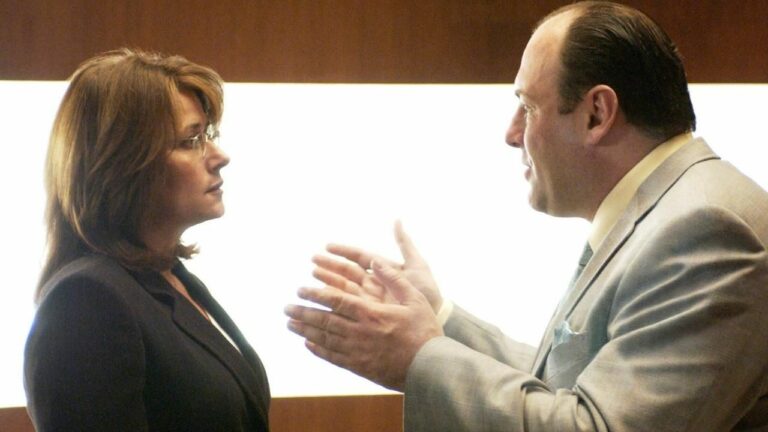
In his conversation, Dr. Eric Bender admires the show for its realistic portrayal of therapy on TV. He relates to the therapist who has to deal with Tony Soprano’s frustration and resistance.
He says that many patients feel like Tony, who once called therapy a ‘j—k-off’ and questioned its purpose. Tony’s personality disorder makes him a perfect fit for the violent and ruthless mafia world but a misfit in his family or society.
The doctor points out that Tony grew up in a dysfunctional family, witnessing his father mutilate people and his mother abusing him emotionally on a daily basis. These traumatic events in his childhood shaped his personality and made him unable to connect with others.
He infers that Tony is an antihero because he has the same struggles as us: he wants to have a happy family, cope with life’s challenges, and help his depressed son. As an audience, we empathize with Tony because he tries his best, even though he doesn’t know how to do it. Tony is honest about his feelings in therapy but can’t stand feeling like a loser.
He’s really trying to do his best, and we empathize with that, we can root for that. Tony spills his guts in his own Tony way, saying he’s got the world by the balls, but he keeps feeling like a loser, he feels like a loser because he does not know how to connect to people, he doesn’t know how to go about saying to his daughter, ‘Let me be curious about you, let me make space for you.’ He doesn’t know how to tell his son, ‘This is awful.’ Instead, he says, ‘Snap out of it’ or ‘You’ve gotta stop doing this, you gotta do this,’ he doesn’t know how to father his kids, and kids don’t come with an instruction manual. In his case, the idea of getting help means he’s not doing something right, he is not good, and he can’t stand that feeling.
The show revealed that Tony suffered a panic attack and started therapy with Dr. Melfi. Initially, Tony was reluctant, but he opened up about his depression and stress as he progressed with the treatment.
Tony and Dr. Melfi had a complex relationship. They never became romantically involved, although they kissed once, and Tony had fantasies about her. They kept their boundaries as doctor and patient, but she eventually ended their sessions.
Tony also showed anger in therapy, especially when Dr. Melfi talked about his mother. He even threatened her at one point.
Tony’s journey in The Sopranos and his ambiguous ending turn him into an antihero. The show makes viewers empathize with Tony, despite his crimes. His therapy sessions reveal more of his personality, but he resists change. He is a complex character who defies easy judgment, much like Breaking Bad’s big-bad Walter White.
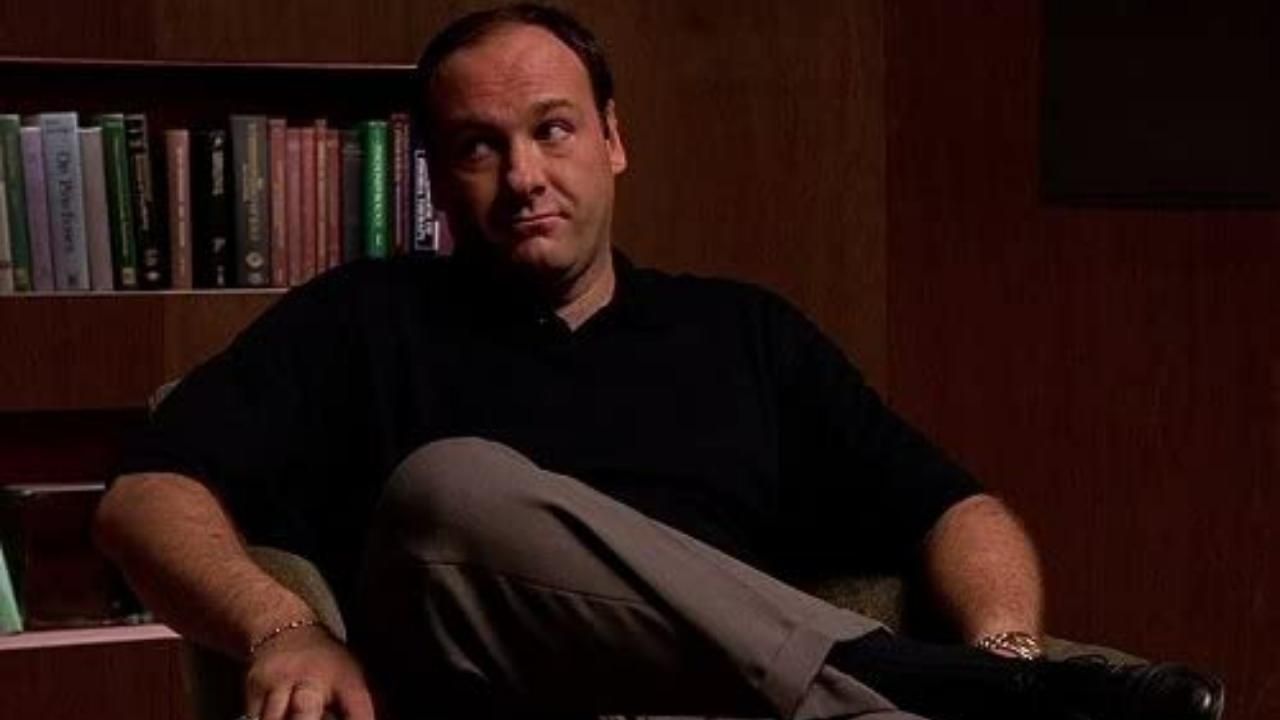
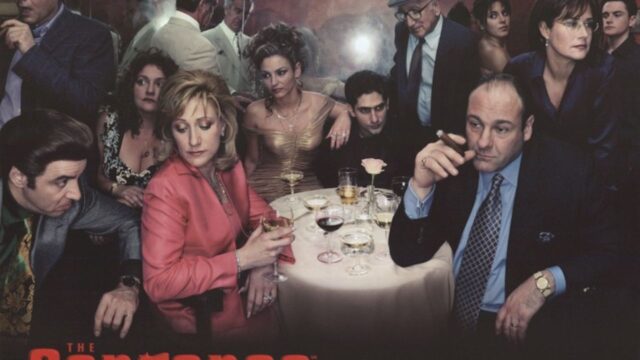

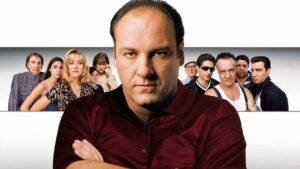
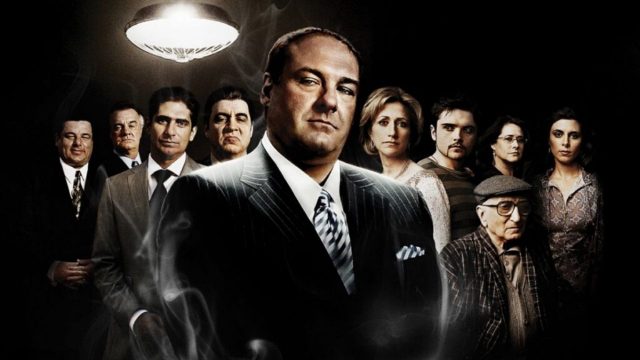
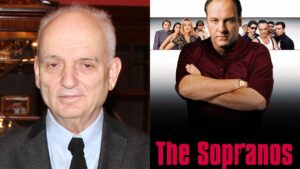
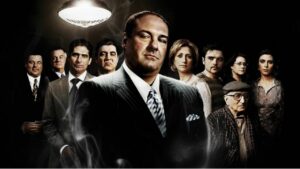

No Comments on Psychologist Dr. Eric Bender Dissects Tony Soprano as the Perfect Antihero